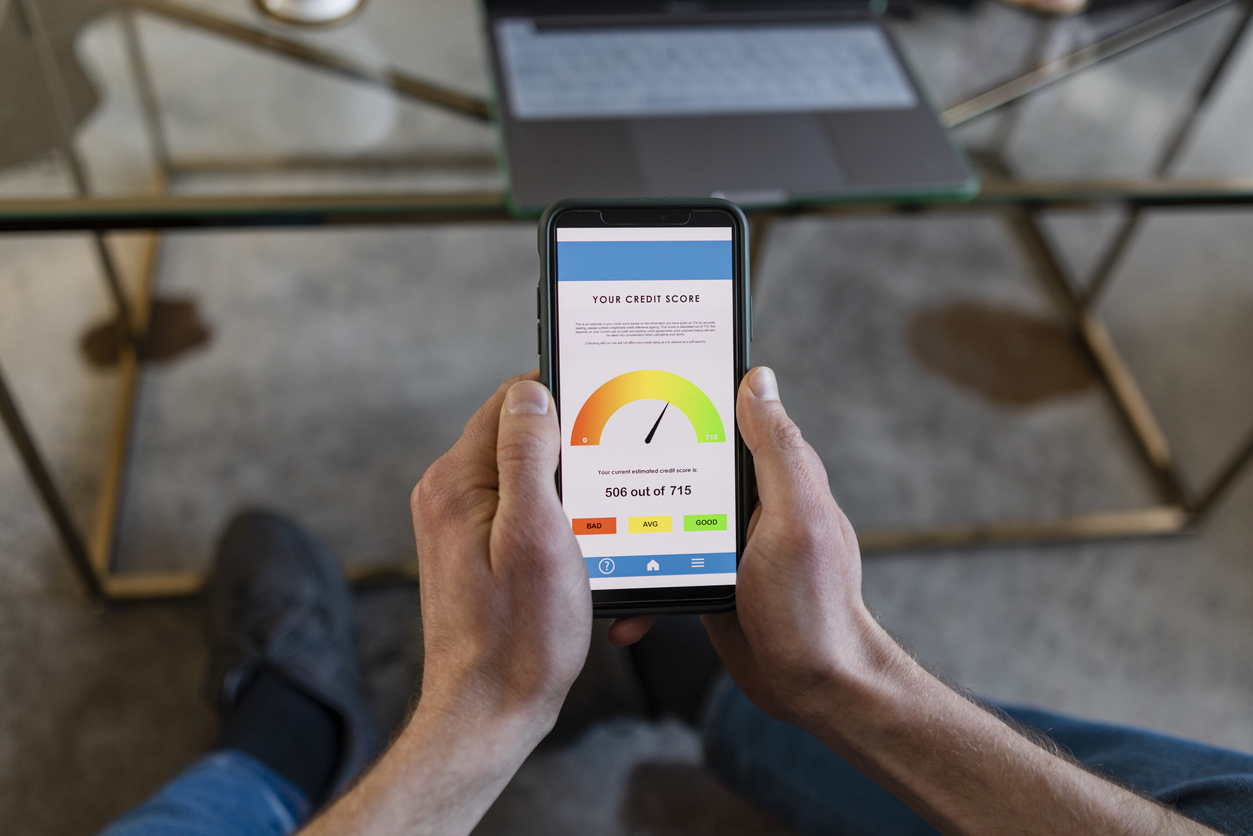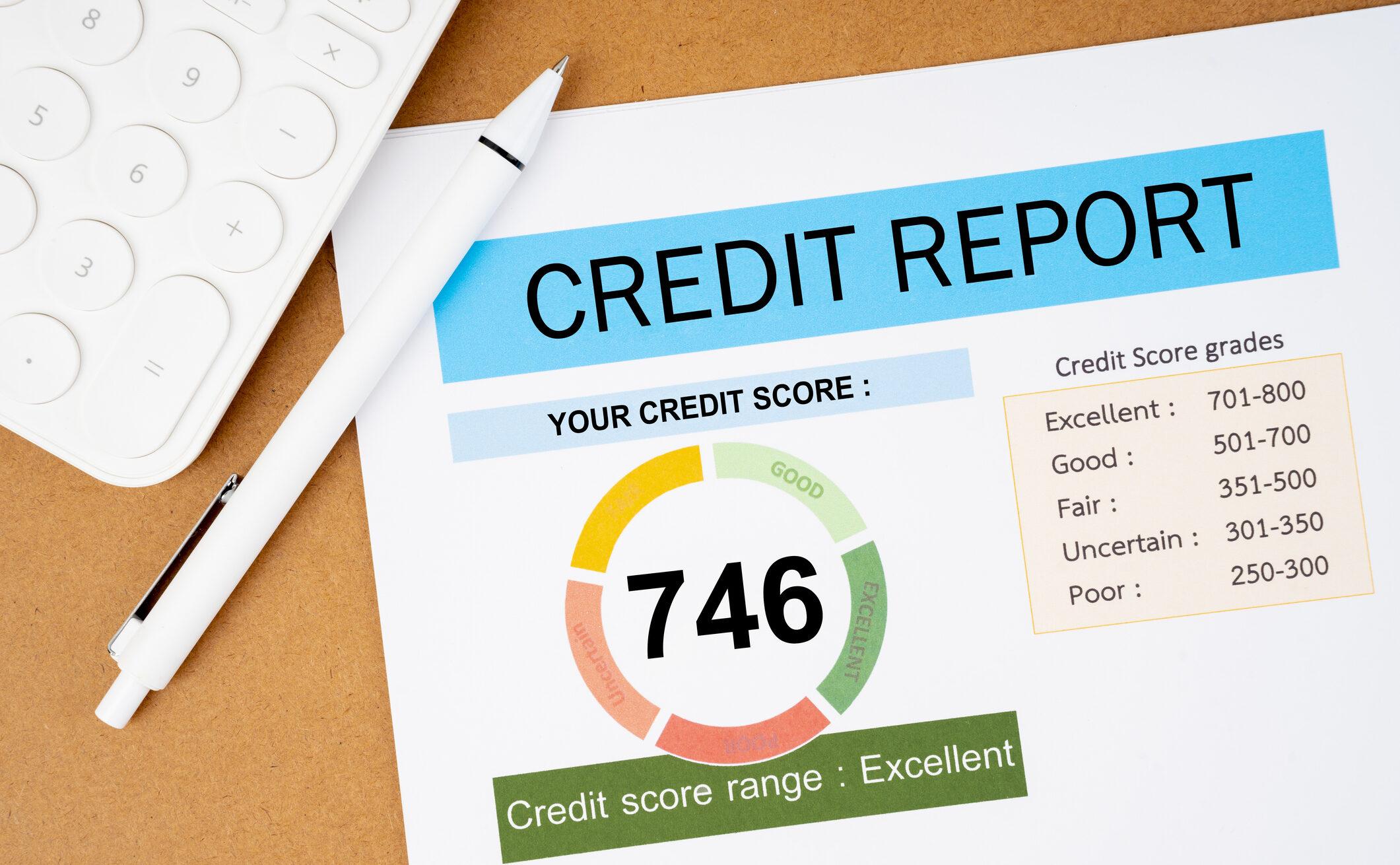
Key takeaways
-
A credit score is only one piece of your financial profile. Lenders consider a higher income and greater home equity mitigating factors even with a low score.
-
Home loan refinance options vary depending on whether you have a traditional mortgage or Federal Housing Administration (FHA) mortgage. You can refinance either, but FHA lenders require owners to establish higher home equity to eliminate private mortgage insurance.
-
Before refinancing, look at improving your credit score. This can help you get more favorable refinancing terms.
If you want to refinance your home mortgage, you may worry that a poor credit score will inhibit your chances. There are, however, options you could consider.
Homeowners may benefit from refinancing a home mortgage loan by obtaining a better interest rate, altering the loan’s repayment terms or even eliminating private mortgage insurance. Though a bad credit score can impact your qualification chances, lenders at more than credit scores. They also factor in your overall income, debt-to-income ratio, loan-to-value ratio and credit history.
What it means to “refinance”
Generally, you refinance a home mortgage when you replace your current mortgage with a new loan at different terms. This means you pay off the current mortgage with the new one.

Refinancing a home loan can benefit you by:
Modifying terms: You may be able to change your mortgage’s length and interest rate. If you struggle to make payments on time, lengthening the loan terms (and thereby lowering monthly payments) would give you some breathing room. Similarly, refinancing to a better interest rate would lower your payment, and potentially make it possible to pay off your loan earlier.
Eliminating private mortgage insurance: Lenders require private mortgage insurance when you put down less than 20% of the home’s value. Refinancing could eliminate this expense if you now have 20% or more in equity – either because you’ve paid down your mortgage or your home’s value has risen. If you’ve got an FHA loan, you could refinance to a traditional mortgage once you hit 20%.
Accessing home equity: Because refinancing pays off your current loan and replaces it with a new one, you may consider a cash-out refinance. This is a mortgage with a higher balance than what you currently owe. You can use the remaining portion for debt repayment, home repairs or any other need you have.
No matter your purpose, you’ll have to go through the same process to refinance as you did for your original mortgage. Some of the same costs apply, like home appraisal fees, agent or bank fees, closing costs and application fees.
5 ideas to refinance your home with a low credit score
Credit history is an integral factor lenders evaluate when reviewing applicants’ qualifications. Some lenders require a minimum score of 620 for a traditional mortgage, but others will approve a VA or FHA loan with a score of at least 580. Another negative mark, like bankruptcy, can also impact your application.
You may still have options for refinancing with bad credit.
Work with your current lender
When you have an established relationship with a lender, that should be your first stop. If you’ve had your mortgage for a few years and shown that you’re a reliable client, they may be willing to lower your rate. A rule of thumb suggests that you should still shop around with at least three to five lenders if you are considering refinancing.
Consider FHA options
If you have an existing FHA mortgage, you may qualify for an FHA Streamline refinance. This option lets you bypass the home appraisal and traditional loan application process. It does require at least one year of on-time payments.

You may also consider a regular FHA refinance. While the conventional minimum credit score for a refinance is 620, an FHA refinance is usually available to homeowners with a score as low as 580.
Apply for a VA loan
Like the FHA refinance process, homeowners with an existing VA loan can refinance with a VA Streamline Refinance. Also known as the Interest Rate Reduction Refinance Loan (IRRRL), the application requires you to prove two years of income (such as with W-2s and federal tax returns) and to pay for a new appraisal.
If you’re a veteran with a VA loan, to get an IRRRL, you must also prove that you’ll get a “net tangible benefit” from the refinance. You must recoup the new-loan costs within three years of closing.
Get a non-resident co-signer
Is there someone willing to sign onto your new mortgage with you? If so, applying with a co-applicant could be a game-changer. Because the co-signer should benefit your application, make sure it’s someone with a higher credit score and financial security.
When you apply with a co-signer, the lender will consider the credit score and income of both applicants. However, this the co-signer is liable should you fail to meet your obligations. Any late payments will negatively affect both credit scores as well.
To protect yourself and your potential co-signer, work with an attorney to draft all necessary documents.
Use a USDA Streamlined Assist loan
Homeowners in rural areas who already have a U.S. Department of Agriculture (USDA) loan may qualify for a USDA Streamlined Assist loan. As long as you’ve made at least one year of payments on time, the lender requires no credit check, appraisal or income verification. But similar to the VA refi program, you must save at least $50 per month on the new loan.
Consider an alternative to refinancing with home equity
If your primary goal in refinancing is to access home equity, a refinance may not be your only option. Homeowners who’ve established equity may qualify for a home equity agreement (HEA) more easily than a refinance. With Unlock Technologies, there is a lower qualification threshold for the company’s than you’ll find with many other financing options.
With a HEA from Unlock Technologies, you get a lump sum of cash in exchange for a comparable percentage of your home’s future value. There are never any monthly payments or interest charges.
Contact us today to get started.
The blog articles published by Unlock Technologies are available for general informational purposes only. They are not legal or financial advice, and should not be used as a substitute for legal or financial advice from a licensed attorney, tax, or financial professional. Unlock does not endorse and is not responsible for any content, links, privacy policy, or security policy of any linked third-party websites.”


